Colds
All You Need To KnowWHAT CAUSES
A COLD?
Colds are caused by viruses and easily spread to other people. Basically, if you have the virus, you’re infectious during the period from a few days before your symptoms start, until all your symptoms have gone. It’s passed on by coughs or sneezes, or hand contact – germs can live on the hands and on surfaces for up to 24 hours.1
Cold viruses are so common that if you have contact with other people, you’re bound to catch one occasionally – if someone coughs or sneezes nearby they can spray the virus out into the air in tiny droplets of mucus, which you can breathe in directly, or pick up from where it has landed and then pass on by touching your face or eyes.2
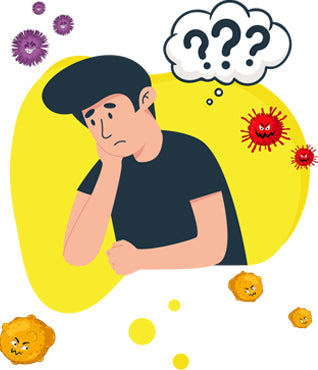
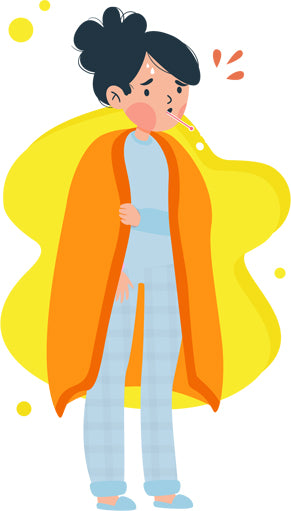
HOW TO
PREVENT A COLD
You can’t stop your exposure to people or to common cold viruses, but you can keep the risk of catching one down to a minimum.
It may sound obvious, but your best bet is to try to keep your distance from infected people. That’s not always possible, of course. You should wash your hands often with warm water and soap and try to keep your hands away from your eyes or nose, because if you have come into contact with the virus you can easily transfer it into your body this way. Avoid sharing towels or household items, like cups, with someone who has a cold. Also, keep yourself fit and healthy for strong immunity.
Unlike the flu, you can’t take a vaccine to protect yourself against a cold. That means your body will be constantly working to fight off different viruses.
If you, or someone close to you, has a cold the risk of it spreading can be lessened by washing the hands often with warm soapy water, and using tissues to trap germs, then throwing them in the bin as soon as possible afterwards.1
THE FIRST
SIGNS OF A COLD
Cold symptoms come on gradually, and can include the following symptoms:


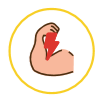



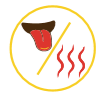

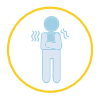
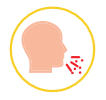


Symptoms of a cold are the same for adults and children but can last longer for children.1
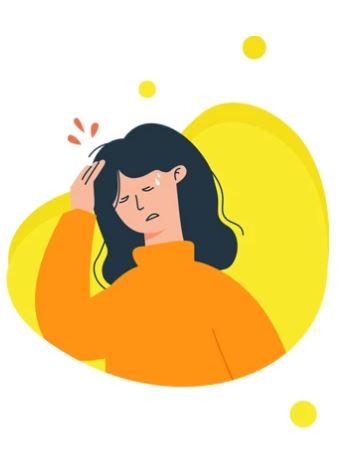
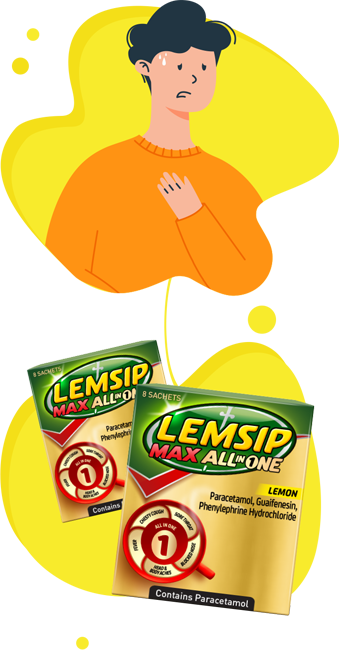
HOW TO
TAKE CARE OF A COLD
You can treat a cold yourself. GP’s don’t recommend antibiotics for colds, because they won’t relieve your symptoms or speed up your recovery. Antibiotics only work on bacterial infections – a cold is caused by a virus.
To help yourself get better more quickly, there are some self-care tips:

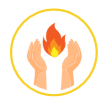

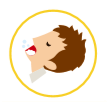
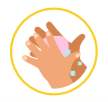
Medicines for colds are easy to pick up from the shelves in your local pharmacy or supermarket; if you’re not sure, ask your pharmacist which one is best for your symptoms. Generally speaking, decongestant sprays or tablets will help with a blocked nose; painkillers with paracetamol and ibuprofen can ease aches and lower temperatures. Be careful not to combine cold and cough medicines if you’re taking paracetamol and ibuprofen tablets – it’s easy to take more than the recommended dose.1
There are a number of Lemsip products available specifically for treating the symptoms of colds. Talk to your pharmacist about these as some contain pharmacy strength ingredients, so are not available for you to pick up directly off the shelf.
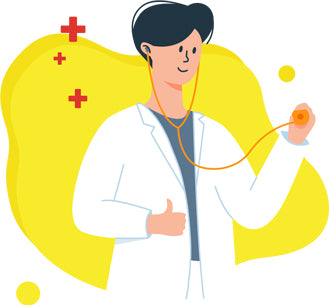
If your symptoms don’t improve after three weeks, or you experience any of the following, see your GP: 1
COLDS
WHAT’S THE OUTLOOK?
Your symptoms shouldn’t last longer than a few weeks,1 after which you’re likely to come into contact with another virus, because there are some 200 different viruses to catch – that’s why most adults get 2-3 colds every year.
As it’s a mild infection of your respiratory system, all the symptoms are just your body’s natural response to dealing with it (rather than the virus itself). There isn’t a cure for a cold, and antibiotics won’t have any effect. There are lots of Lemsip cold and flu remedies that can help with symptoms, and they are available over the counter, from your local chemist or supermarket. Taking remedies to manage and ease your symptoms will make it easier for you to get on with your daily life until your cold goes away.3
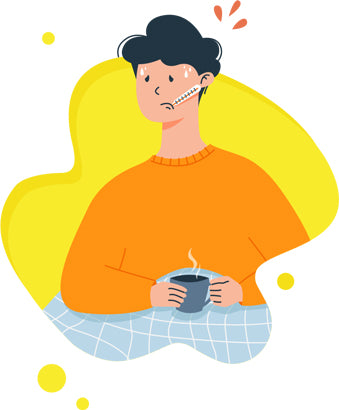
RB-M-02121
SOURCES

